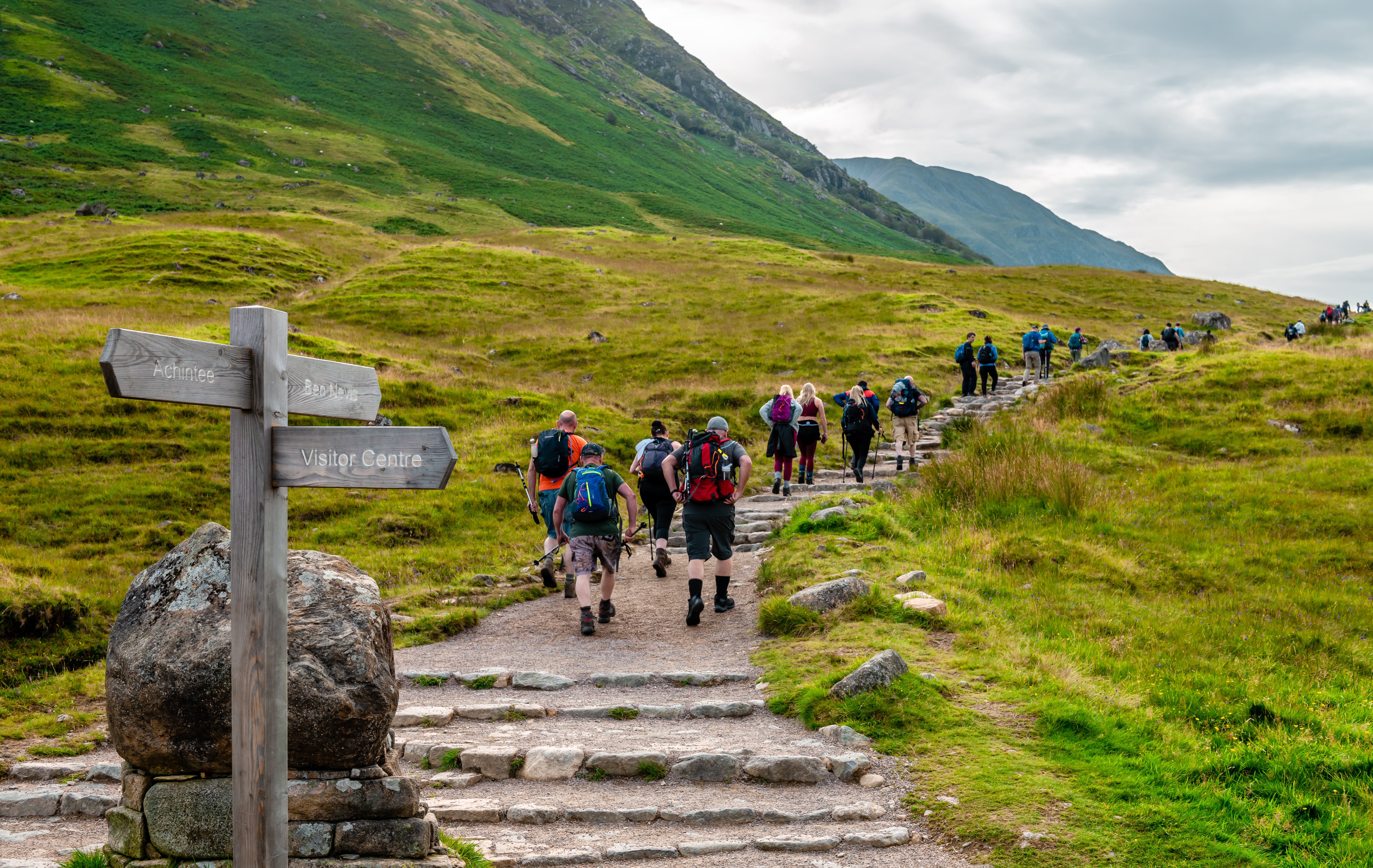NHS ‘could save £635m by prescribing time in nature’
Government survey found 90 per cent of people said being in nature was good for their mental health

The NHS could save more than £635m a year by signing some patients up to nature-based health and wellbeing programmes, a report by The Wildlife Trusts says.
The study, published under the title, A Natural Health Service: Improving Lives and Saving Money, found that the amount of money saved in healthcare costs would be greater than the money invested.
Environmental engineers Ricardo and the Institute of Occupational Medicine Health analysed five Wildlife Trusts programmes to see how much they benefited the NHS.
They found that if just one of them was taken up by everyone likely to do so – estimated to be about 1.2 million people – the total healthcare savings would be £635.6m.
Dr Amir Khan, NHS doctor and vice president of The Wildlife Trusts, said: “What excites me about this research is that it shows the potential of Wildlife Trusts programmes to work alongside and reduce reliance on NHS services.
“Programmes that tackle some of the causes of preventable illnesses: social isolation that can lead to feelings of loneliness or depression, physical inactivity – which is linked to musculoskeletal problems – and a lack of skills or prospects leading to economic inactivity.
“The Wildlife Trusts’ programmes can shoulder some of the burden of mainstream NHS services and they should be available to all health professionals, to refer patients to, where appropriate.”
A 2017 government survey found that 90 per cent of people said being in green spaces was good for their mental health. In July 2020, then-environment secretary George Eustice announced a £4m investment in “green social prescribing” – schemes involving walking and gardening – with a view to prevent and treat mental illnesses within communities against the backdrop of the pandemic. These activities can be prescribed by a GP.
One such program, Wild at Heart that is run by the Sheffield and Rotherham Wildlife Trust, helps people learn new skills by participating in nature-based activities. The report found it saved £38,646 in the healthcare costs of 82 participants over a one-year period. In this case, every £1 invested reduced £1.19 from the NHS cost burden.
Another project, called MyPlace by Lancashire Wildlife Trust, brought down healthcare costs by over £7,000 and employment-related costs from mental health by £28,442. For every £1 the NHS invested, it saved more than double the money.
Dom Higgins, head of health and education at The Wildlife Trusts, said: “This new research proves the immense value of nature-based projects for improving individual health and helping to ease the burden on the NHS.”
The Wildlife Trusts is now asking the government to integrate green social prescribing into community health and social care across the country, encourage shared investment from departments working on housing, employment, transport and culture, and support collaborative partnerships between healthcare services and organisations like itself.
“Nature is an essential part of health and social care, but we are not maximising that potential. Green prescribing works and the more we can develop these kinds of programmes, the greater the benefit to society,” Mr Higgins added.
Join our commenting forum
Join thought-provoking conversations, follow other Independent readers and see their replies
Comments


Bookmark popover
Removed from bookmarks